Analysing Amazon’s Strategic Approach to Tackle Patent Infringement
IIPRD
JANUARY 23, 2023
In matters of trade, Trademark, copyright and Patent act as building blocks of protection measures while conferring exclusive right over goods/services for the holder. Amazon often face patent violations with its increasing customer base and involvement of third-party seller. Patent infringement can occur in both of these roles.



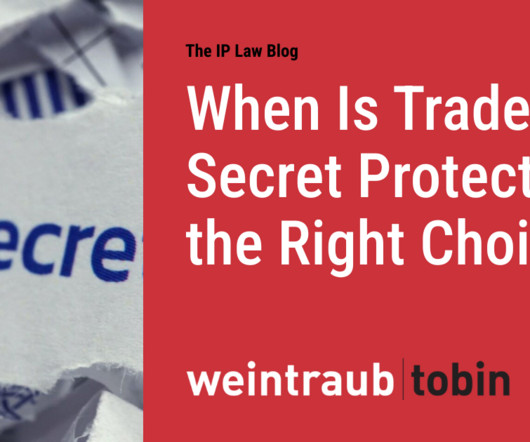
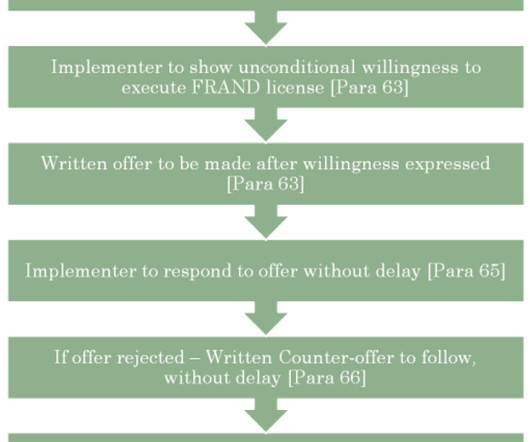
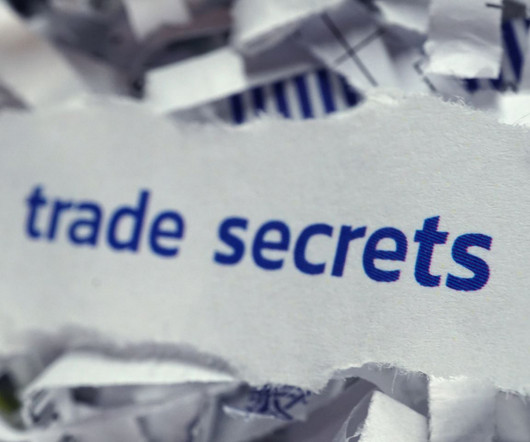
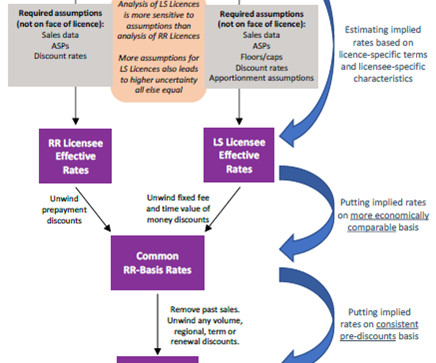
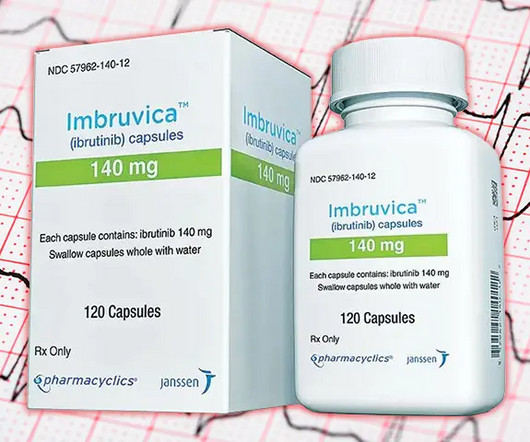
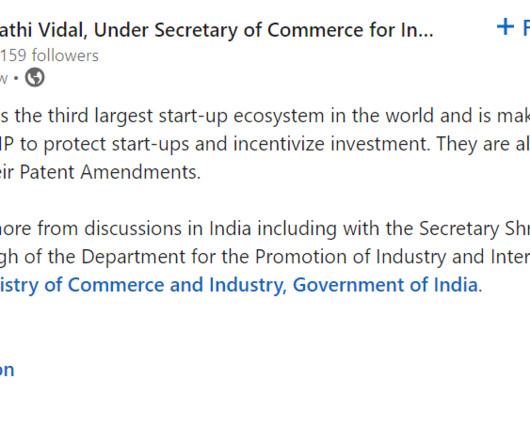
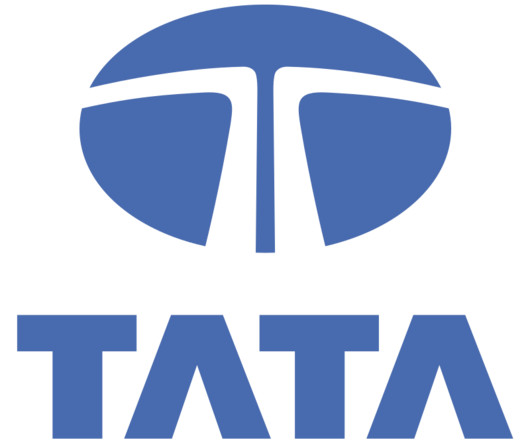







Let's personalize your content